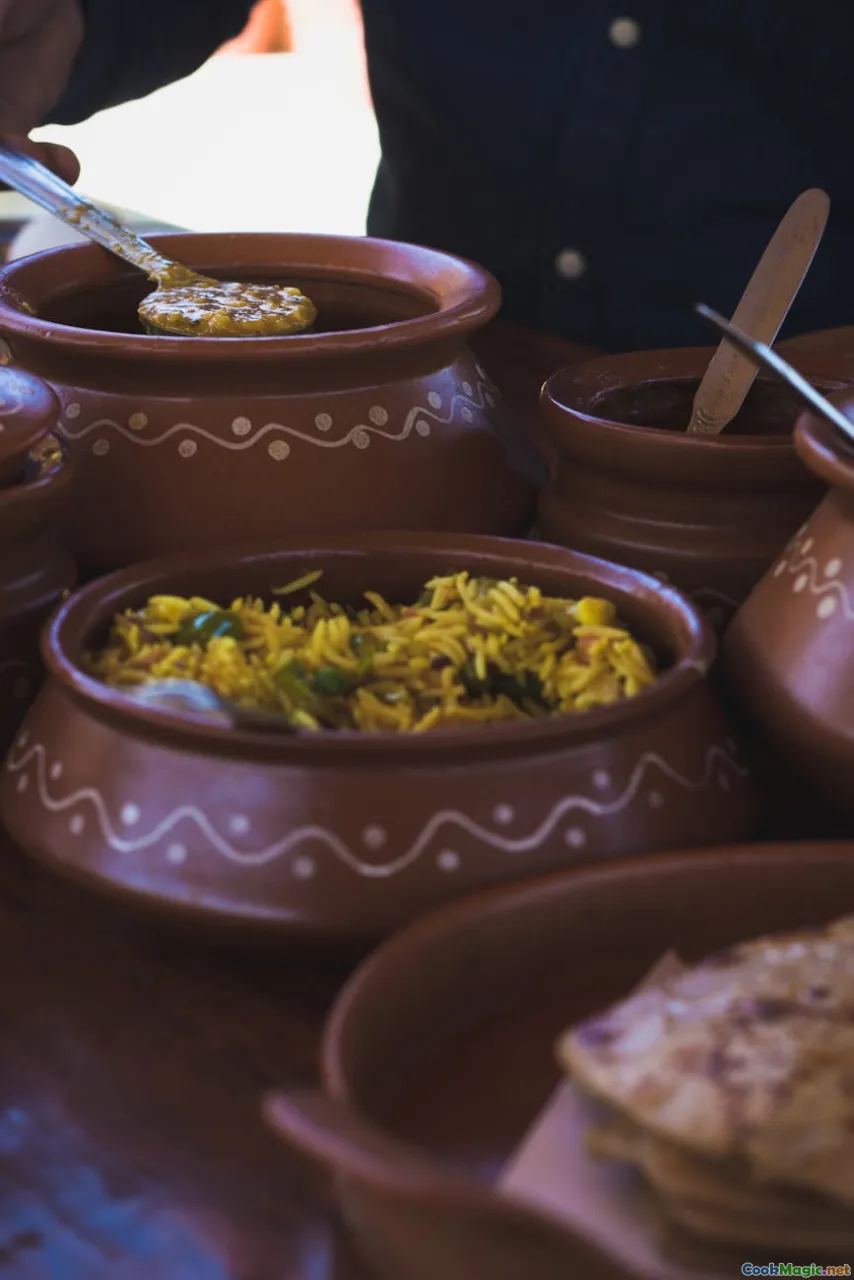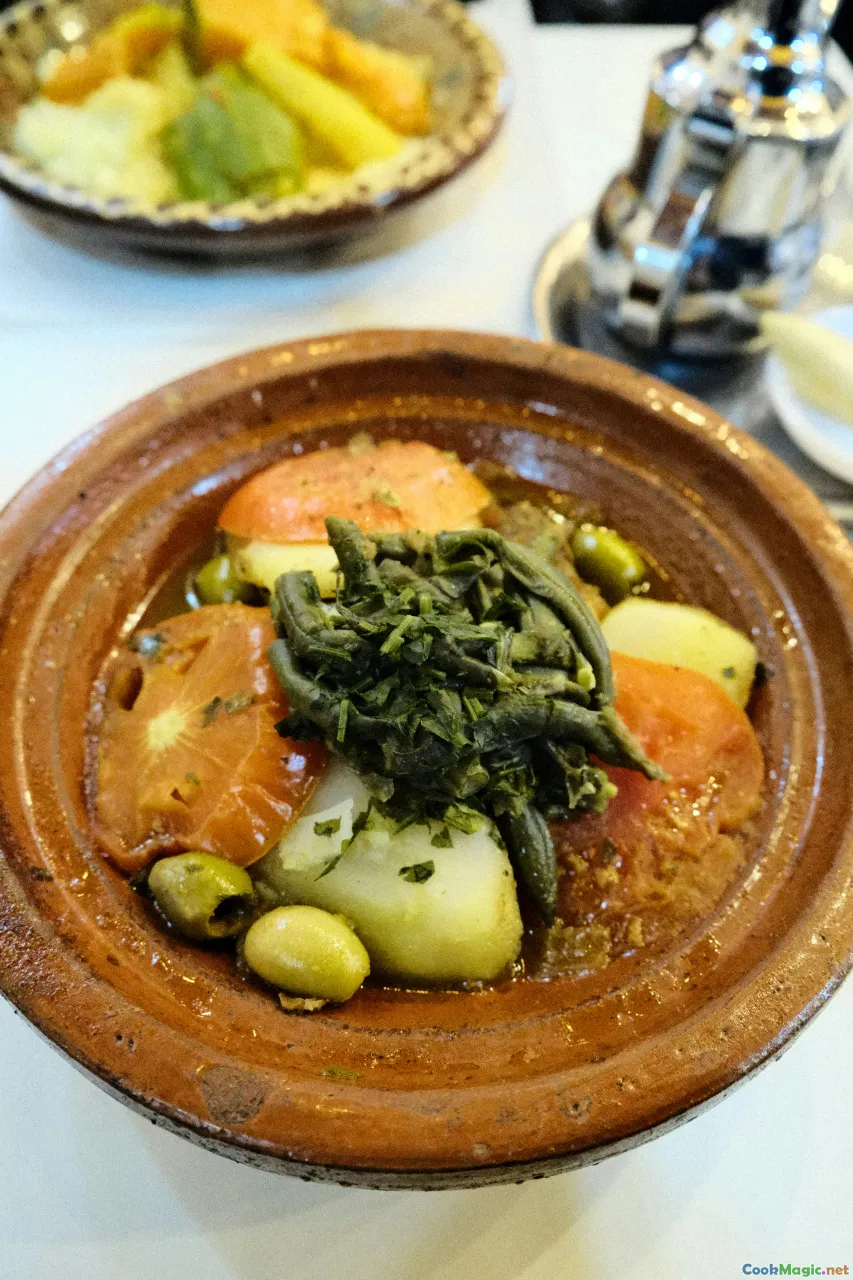Vegetarian Variations in Traditional Maltese Food
11 min read Explore vegetarian adaptations of Maltese culinary classics, highlighting flavors, ingredients, and cultural significance for a diverse gastronomic experience. June 30, 2025 15:05
Embracing vegetarian variations in traditional Maltese cuisine: a vibrant journey
Walk through the sun-dappled streets of Malta, where age-old culinary traditions meld seamlessly with local ingenuity—yet see how the island’s rich gastronomic landscape also offers a delightful array of vegetable-centric dishes that honor its history without sacrificing flavor. For those drawn to the warm aromas of village kitchens, or seeking a plant-based culinary experience rich with local flair, Maltese vegetarian variations are a feast for the senses, offering a fresh perspective on this historically meaty cuisine.
Whether you’re a seasoned vegetarian or simply eager to explore how beloved traditional dishes can be reimagined, Maltese cuisine provides ample inspiration, rooted in centuries-old ingredients and techniques. This exploration reveals how the hearty, soulful flavors of Malta’s most iconic dishes can be transformed into vibrant, satisfying vegetarian versions—without losing their cultural essence.
The roots of Maltese cuisine and the rise of vegetarian adaptations

In traditional Maltese cooking, robust flavors are often achieved through slow-cooked meats, fresh herbs, and locally sourced ingredients like sun-dried tomatoes, olives, and capers. Dishes were crafted out of necessity—simple, hearty fare designed to sustain hard-working island communities. Over time, however, evolving culinary sensibilities and global plant-based trends have inspired innovative adaptations that keep the flavors authentic while embracing vegetarian lifestyles.
The Mediterranean climate, abundant local produce, and Mediterranean culinary values—simplicity, freshness, and depth—serve as the perfect foundation for vegetarian renditions that are as nourishing as their meaty counterparts. The core challenge lies in capturing the soulful richness of traditional dishes while focusing entirely on vegetables, pulses, and grains.
Classic Maltese dishes reimagined vegetarian-style
1. Stuffed Eggplants (Imqarrun b'l-Images)

A staple in Maltese households, stuffed eggplants traditionally feature a savory mix of minced meat, herbs, and spices scooped into glossy eggplant halves and baked to perfection. The vegetarian version swaps meat for a hearty filling of seasoned lentils, chopped mushrooms, rice, and a blend of Maltese herbs like rosemary, thyme, and parsley.
Imagine tender eggplants with a slightly smoky, caramelized top, bursting with a warm, savory mixture that mirrors the comfort of the original. Layers of flavor come from local sun-dried tomatoes and caramelized onions, and finishing with a sprinkle of grated Maltese gbejna (sheep’s cheese) or a plant-based cheese alternative adds a creamy touch.
2. Bragi tal-Appostli (Egg-based dips) – now vegan

Traditionally, Bragi tal-Appostli are eggs blended with herbs, sometimes flavored with galletti (Malta’s signature crackers) or fresh bread, forming a rich dip or spread—part of festive feasts. Adapted vegetarian versions replace eggs with whipped silken tofu or cashew cream, combined with aromatic herbs like mint, coriander, and basil.
The result is a silky, herbaceous dip that retains the depth of flavor, perfect for dipping Maltese bread or fresh vegetable sticks. Enhanced with a drizzle of olive oil and a squeeze of lemon, it becomes a bright, flavorful accompaniment for any gathering.
3. Kapunata (Maltese Ratatouille)

Kapunata is akin to a Maltese ratatouille—an explosion of simmered vegetables seasoned with garlic, bay leaves, and local herbs. Typically served as a side or poured over bread, this dish lends itself beautifully to vegetarian tailoring.
In its vegetarian form, the stew highlights eggplants, zucchinis, bell peppers, and tomatoes stewed together until tender, with a splash of red wine vinegar and a sprinkle of capers for that signature Maltese tang.
For more warmth and depth, stir in black olives or eggplant fritters, served atop crusty bread—a comforting dish that embodies the sun-soaked flavors of Malta.
Ingredient staples for vegetarian Maltese cooking

A vegetarian Maltese kitchen effectively leverages a well-stocked pantry of local ingredients:
- Fresh herbs: Rosemary, thyme, oregano, parsley—each bringing a burst of aromatic freshness.
- Vegetables: Eggplants, zucchinis, tomatoes, bell peppers, green beans—cornerstones for stuffing and stews.
- Legumes and pulses: Lentils, chickpeas, fava beans—rich in protein and perfect for fillings.
- Olives and capers: Salted bursts of flavor that add depth to any dish.
- Local cheeses: Sheep’s milk gbejna, or plant-based alternatives for dairy-sensitive cooks.
By embracing these ingredients, the vegetarian Maltese table remains rooted in tradition but vibrates with new, health-conscious energy.
How to craft authentic vegetarian Maltese dishes
Tips from a seasoned home cook
- Layer flavors gradually: In Maltese cooking, cooking down onions and garlic slowly unlocks sweetness and aroma, forming a flavorful base.
- Use quality olive oil: It’s the backbone of nearly every dish, imparting richness and authenticity.
- Season with herbs: Fresh herbs should be added toward the end of cooking to maintain their brightness.
- Experiment with textures: Combine soft stews with crunchy pickles or crispy bread crumbs for variety.
- Balance acidity: A squeeze of lemon or a dash of vinegar brightens the dish, mimicking the brightness that meaty broths often provide.
A sample recipe: Vegetarian Stuffed Peppers
Ingredients:
- 4 large bell peppers
- 1 cup cooked lentils
- 1/2 cup chopped sun-dried tomatoes
- 1 small onion, finely chopped
- 2 cloves garlic, minced
- 1/2 cup cooked rice
- 2 tbsp chopped fresh parsley
- 1 tsp dried oregano
- Salt and pepper
- Olive oil
Method:
- Preheat the oven to 180°C (356°F).
- Cut the tops off the peppers and remove seeds.
- In a skillet, heat olive oil and sauté onions and garlic until translucent.
- Stir in sun-dried tomatoes, cooked lentils, rice, herbs, salt, and pepper. Cook for 5 more minutes.
- Stuff the peppers with the mixture and place in a baking dish.
- Drizzle with a little olive oil and bake uncovered for 30–35 minutes, until peppers are tender.
- Garnish with additional herbs before serving.
Enjoy a dish that sings with the sun, herbs, and land of Malta—vegetarian yet deeply rooted in local tradition.
The emotional and cultural connection
Every bite of Maltese vegetarian food carries stories—a testament to centuries of resourcefulness, community sharing, and resilience. Reimagining these dishes without meat not only broadens culinary horizons but also deepens the appreciation of Maltese identity.
Cooking vegetarian versions invites a new dialogue within Maltese families and food enthusiasts about sustainability and health, while respecting the island’s vibrant history. Sharing these plant-based interpretations at family gatherings, festivals, or cozy cafes in Mdina transforms food into a celebration of adaptability and cultural continuity.
Places to explore authentic vegetarian Maltese fare
- Tariq Café, Valletta: Known for blending traditional flavors with fresh vegetarian options.
- Għar Dalam Restaurant: Their classic vegetable stews highlight local ingredients with a creative twist.
- Mama’s Kitchen, Mellieħa: Cozy spot offering vegetarian-friendly Maltese classics.
- Farmers’ markets in Mosta and Marsaxlokk: Ideal for sourcing fresh produce and discovering local recipes.
A personal reflection
My journey through Malta’s vegetarian cuisine has been nothing short of inspiring. Each dish tells a story—not only of flavors but of resilience, adaptation, and love for local soil. The challenge of transforming traditional hearty fare into plant-based delights ignites creativity, encouraging us to honor tradition while embracing sustainability.
From the smoky allure of eggplant parcels to the vibrant tang of vegetable stews, Maltese vegetarian fare invites everyone to taste history reimagined—where every ingredient whispers tales of sun, sea, and the enduring spirit of Malta.
So, next time you find yourself wandering through Malta’s cobbled streets or relaxing by the azure coast, remember: the island’s rich culinary heritage waits to be explored in every vegetable-filled, herb-laden bite.









